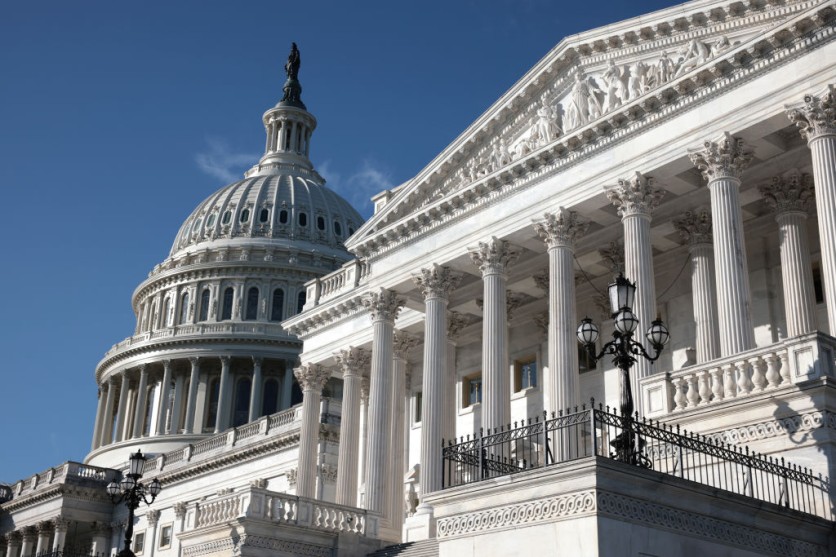A bill imposing further restrictions on US artificial intelligence models has been unveiled by a group of lawmakers late Wednesday.
The bill could impose export controls on AI models and restrict the developers behind them to protect US tech in the name of national security.
The bill's sponsors are House Republicans Michael McCaul, John Molenaar, Max Wise, and Democrat Raja Krishnamoorthi.
It would also explicitly grant the Commerce Department the power to forbid Americans from collaborating with foreign parties to create AI systems that endanger American national security.

The law aims to ensure that any future AI export laws will be immune to court challenges. Concerns are growing that adversaries of the United States may use the models to mine enormous volumes of text and image data to produce content and summarize information, launch aggressive cyberattacks, or maybe develop very effective biological weapons.
The Commerce Department, which is in charge of U.S. export policy, finds it far more challenging to control the export of freely downloadable open-source AI models under current US law.
If enacted, the legislation would grant the Commerce Department explicit authority to control AI systems and eliminate barriers to regulating the export of open-source AI found under the International Emergency Economic Powers Act.
US Plans on AI Restrictions Against China, Russia
The announcement follows reports that state the Biden Administration was considering prohibiting the Republic's access to US artificial intelligence models and software.
Three sources with knowledge of the matter claim that the Commerce Department is considering launching a new regulatory initiative to restrict the export of proprietary or closed-source AI models, whose software and training data are kept under wraps.
According to the Chinese Embassy, China vehemently disagrees with the action and would take the necessary measures to safeguard its interests. It denounced the action as a quintessential example of economic coercion and unilateral intimidation.
Right now, nothing is stopping US AI giants like Anthropic, Google DeepMind, and Microsoft-backed OpenAI from developing some of the most powerful closed-source AI models and offering them for sale to almost anybody globally without government interference.
China's AI Industry
Chinese official media cited the Beijing Academy of Artificial Intelligence, a top research lab, in March when they said that the main obstacle to China's AI progress was the fact that most domestic AI models were constructed using Meta's Llama models.
In late March, China's industrial leaders acknowledged that It was lagging behind the US in the battle for generative artificial intelligence and demanded that more focus be placed on new research, both in hardware and software.
During a generative AI panel discussion at the Boao Forum for Asia in Hainan province, Liu Cong, the vice president of the Chinese AI company iFlytek, acknowledged that China believes it is falling behind other world leaders.

(Photo: Tech Times)
![Apple Watch Series 10 [GPS 42mm]](https://d.techtimes.com/en/full/453899/apple-watch-series-10-gps-42mm.jpg?w=184&h=103&f=9fb3c2ea2db928c663d1d2eadbcb3e52)



